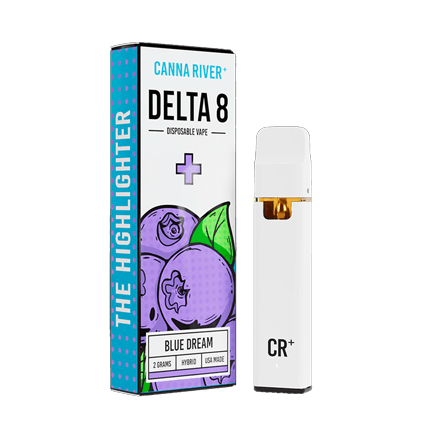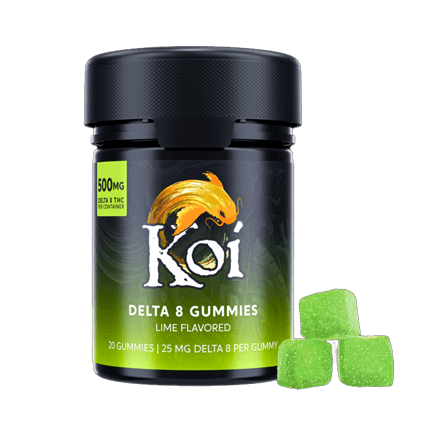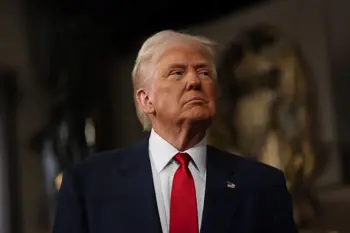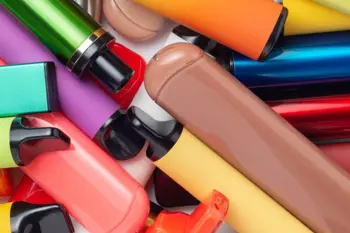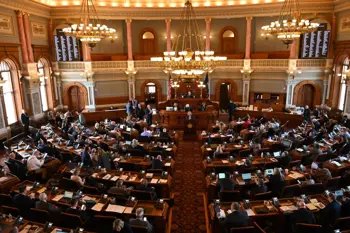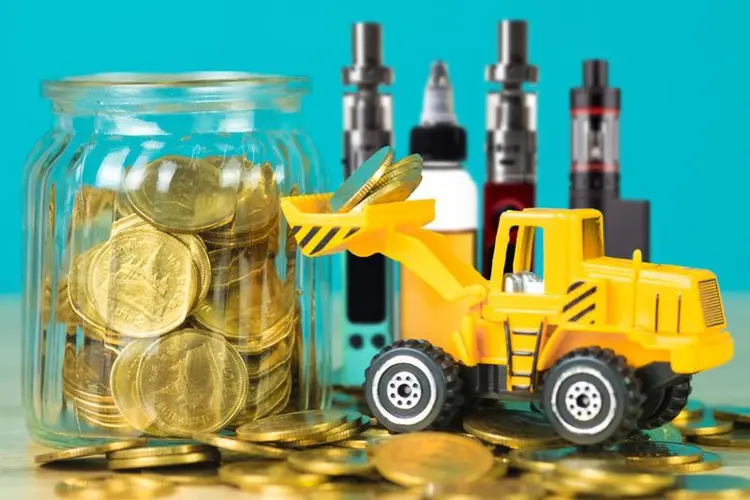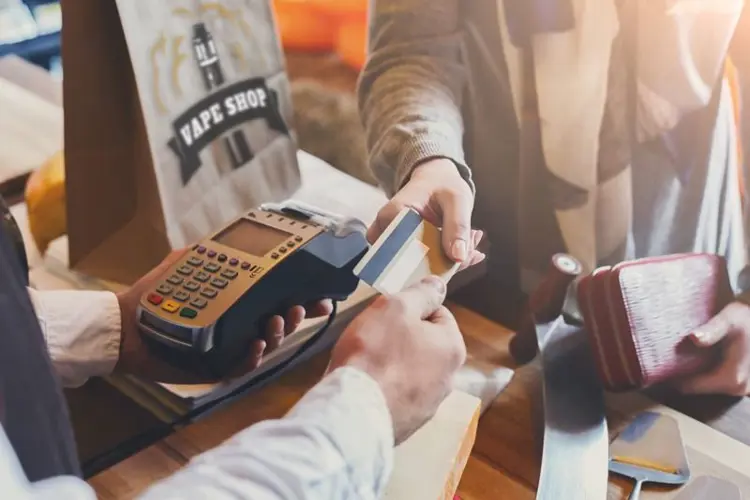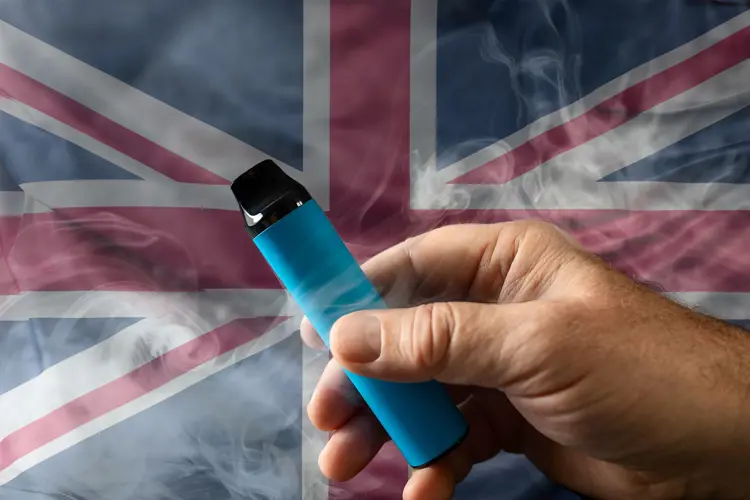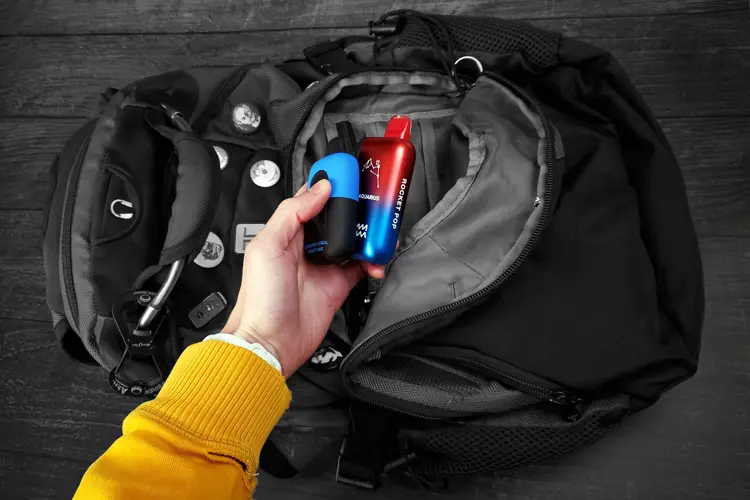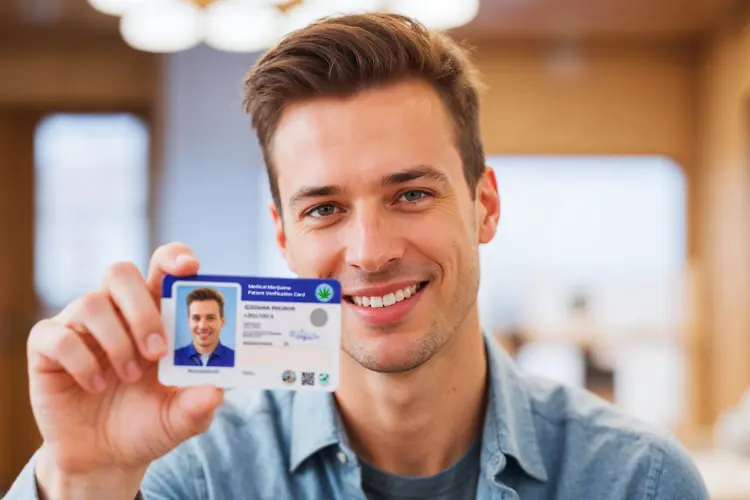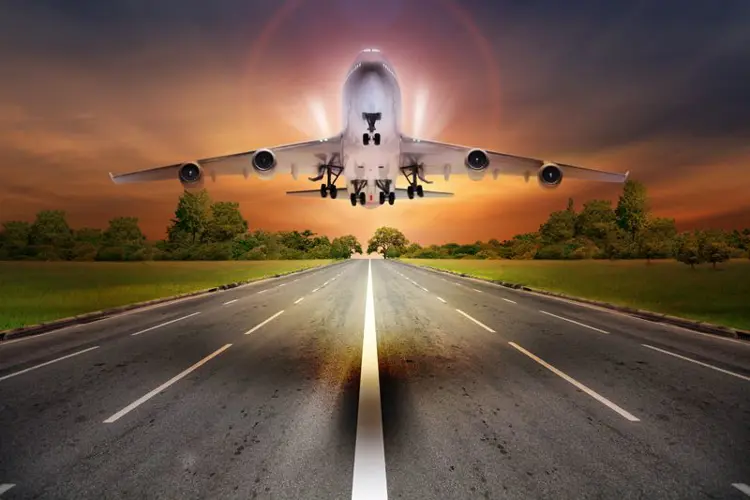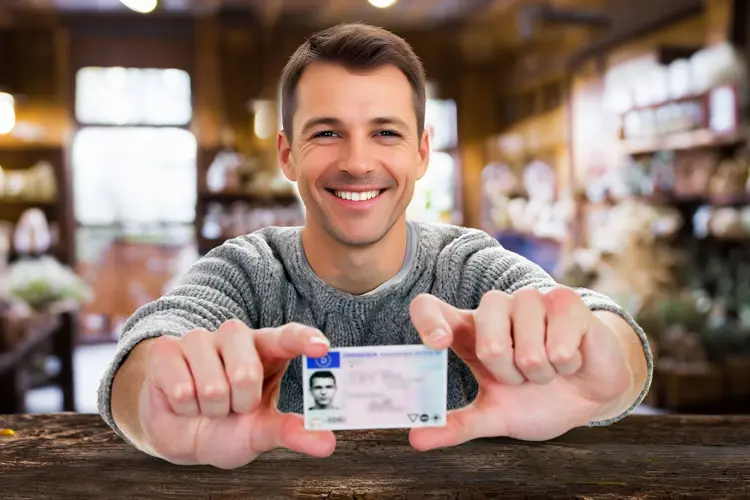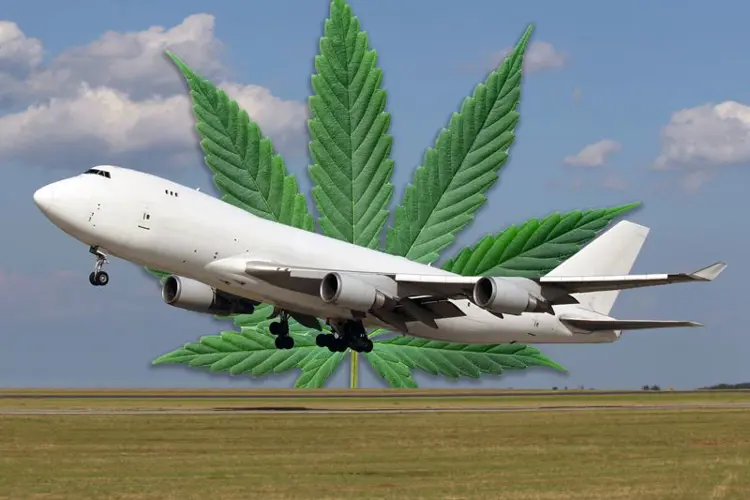As a regular user, it may seem natural to bring delta 8 products along wherever you travel. Maybe you just aren’t in the mood to abstain for a few days. You might also use delta 8 THC to help you sleep or as a travel-related stress aid.
Traveling with cannabis has always been a minefield. If your product contains over the limit of 0.3% delta 9 THC, it’s illegal to carry over state lines. This also applies to medical marijuana. Legal cardholder or not, marijuana is federally a Schedule I drug. You can’t fly with it on hand, even if your destination has legal weed.
While you probably won’t be arrested for bringing delta 8 carts on an airplane, there are some major caveats. Any hemp product you bring on a US flight can be confiscated at the discretion of a Transportation Security Administration (TSA) employee.
The legality of hemp is still complicated. While the 2018 Farm Bill legalized hemp-derived products containing less than 0.3% THC, not everyone understands the ins and outs of this loophole—including TSA agents. International travelers have no legal protection either. Anyone can find themselves in a tough situation if found in possession of cannabis products.
Current TSA delta 8 policy (2024)
United States hemp laws have evolved rapidly, and so have policies issued by national and global institutions. Staying up to date can prevent accidental violations.
As of August 2023, the TSA’s “What can I bring?” checklist doesn’t directly reference delta 8 or most hemp products. CBD oils are mentioned, as some contain over the federal limit of THC. However, airline passengers may still run into problems with delta 8 THC.
TSA employees don’t check bags specifically looking for drugs, marijuana, or paraphernalia. But just because agents aren’t going out of their way to search for something, don’t assume they won’t notice it. Oil carts or a small tincture bottle may be enough to pique suspicion.
Hemp products are a gray area within the TSA’s policies. Although they’re not addressed in any public documentation, airport employees will use their own discretion when assessing passengers’ belongings. For the smoothest ride, leave any cannabis products at home, including non-intoxicating substances like CBD.
Agents are required to contact local authorities if they discover marijuana and delta 9 derivatives in a passenger’s luggage. Hemp may be falsely flagged, leading to an ordeal that no one has time for during their trip.
Flying with delta 8: other precautions
TSA hemp policies (or lack thereof) aside, airline passengers also need to be aware of state-specific laws, as well as airline policies. It doesn’t appear that any major U.S. airlines have hemp policies yet, but they may have additional rules regarding vape carts, disposables, and certain types of products.
Psychoactive hemp is federally legal under the Farm Bill, but states still have the final say in the matter. If you’re flying into a state with restrictions on delta 8, avoid traveling with carts or edibles.
Play it safe and keep delta 8 products out of your luggage. It’s the easiest way to save yourself a headache at the airport. You’re better off buying new delta 8 oil or edibles at your destination. Check ahead to ensure that D8 is legal in that state or country you’re flying to, then pick up the products after arrival.
Those who do opt to fly with delta 8 will want to have the original packaging or product information on hand. It’s counterintuitive on the surface, but transparency is in your best interest. Unmarked products are only going to look more suspicious if discovered by an agent.
All reputable hemp manufacturers will provide a detailed description of the product’s cannabinoid content, including the exact amounts of delta 8 and delta 9 THC.
Dos and don’ts of traveling with delta 8
We don’t recommend bringing cannabis products of any kind on a flight. Delta 8 is legally evolving, and possession could cause problems with the TSA and local law enforcement, even if an arrest is unlikely. It’s up to you whether or not to take that risk.
You’re not explicitly breaking federal law or TSA policy by bringing delta 8 on a domestic flight, but it’s a gamble. Here are the procedures you’ll need to follow in doing so.
Carts and disposable vapes
Yes, you can fly with vape carts. Flyers must abide by Federal Aviation Administration (FAA) regulations if they’re looking to travel with vaping equipment of any kind.
First and foremost, you can’t store delta 8 disposables or vape pens in your checked luggage. These products must come on the plane with you, either in your carry-on or personal storage. Certain devices powered by a lithium battery need to stay on your person during a flight, as well as all uninstalled batteries. Disposable vapes and 510 thread batteries are subject to this rule, which is a precaution against fire.
Vape carts can be stored with the rest of your liquids in a quart-sized bag. There’s a chance that carts will leak under pressure, so don’t let a mess catch you off guard. Partially used carts are the safest bet. Consult our article on flying with vapes for more suggestions.
Gummies and edibles
Solid food items and candy are permitted in both checked and carry-on luggage.
A few delta 8 gummies might escape the attention of TSA agents, but remember, drug sniffing dogs can identify them as a cannabis product. There’s still a chance that you’ll raise suspicion. Nondescript edibles aren’t a flawless workaround, as innocent as they appear.
It’s possible that gummies will wind up in the garbage despite your best efforts. Don’t carry hemp products of any kind if you’re not prepared to lose them. You might lose several hours being questioned by local police, too—especially if you try to conceal the content of your edibles.
Tinctures
Anyone who’s flown knows the TSA’s liquids policy by heart: containers can be no more than 100 mL (3.4 ounces) each, and they must be sealed inside a quart-sized plastic bag. Delta 8 tinctures are required to follow these guidelines.
As we’ll get into later, there have been at least two instances of travelers being arrested over hemp tinctures. Maybe that was bad luck, or maybe tincture bottles are more likely to catch the eye of TSA agents. We can’t say for sure, but it’s worth keeping in mind.
Can you take delta 8 on an international flight?
There’s no short answer here. Regardless of U.S. law or the TSA’s hemp policies, you’ll need to review the laws of your destination country too. We cannot stress this enough. Laws around marijuana, hemp, and their derivatives vary hugely between nations.
Some countries, such as Canada, are more lenient than the U.S. There are also plenty of areas across the globe where cannabis products are outlawed, and the punishment for possession or trafficking can be severe.
International travelers found with delta 8 might find themselves detained after arrival. Unlike in the United States, this situation can quickly lead to dire, long-term legal trouble. Citizens of a country with legal hemp aren’t protected on foreign soil.
Will you be arrested for bringing D8 on a plane?
Arrests at the airport did occur in the early days of federally legal hemp. Shortly after the 2018 Farm Bill’s passage, misunderstandings about hemp and its legal standing were even more rife than they are today. Just don’t expect TSA agents to be experts in cannabis law.
One infamous case involved a 71-year-old woman traveling to Oregon. She was arrested at a North Texas airport after non-intoxicating CBD oil was found in her travel bag. A similar instance happened at the same Texas airport, also back in 2019. A 22-year-old student ran into problems after a bottle of CBD oil was found in their possession. It’s not clear if the latter case led to an arrest.
It’s not known whether similar issues have occurred since then. If so, nothing appears to have been publicized. What we do know is that hemp arrests at the airport can happen, no matter how uncommon.
Can you bring delta 8 on a bus or train?
Alternative methods of travel are an option, but major bus or railroad companies aren’t clear about their stance on hemp products. Again, delta 8 isn’t outright barred, but the guidelines are murky at best.
Like the TSA, Amtrak and Greyhound have no written hemp policies at all. These services sometimes involve fewer security hoops, so if that helps you feel more secure, it’s worth considering.
Be wary if your station uses dogs to sniff out security threats—it’s more common than you’d expect. This could lead to your delta 8 being flagged. Just as in an airport, you may be detained or told to dispose of your products.
Traveling with delta 8 THC: the short of it
We don’t encourage doing it, but it’s the passenger’s choice whether they’d like to risk flying with delta 8 products, including carts and disposable vapes.
It’s technically not illegal to do so. Crossing state borders with marijuana could get you arrested on drug trafficking charges, but hemp isn’t federally prohibited. Hemp-derived products are federally legal under the most recent Farm Bill. These laws are still developing, though, and several states have passed their own. Some are stricter than the federal standard.
As a precaution, review the hemp or cannabis laws of your destination. This is especially crucial if you’re flying internationally; entering another country with illegal cannabis is a mess you don’t want to face.
There’s no official TSA policy on hemp. Each agent uses discretion to permit, confiscate, or dispose of particular products. If an airport employee finds your delta 8 and asks you to throw it in the garbage, do as they’ve requested. It’s not worth missing your flight (or worse) over a vape cart.
President Trump promised during his election campaign to “save vaping," but his administration has undermined that goal at every turn.
The U.S. disposable vape market has grown to $2 billion in annual sales, although nearly none of the products are authorized by the FDA.
More than 30 bills that would impose severe restrictions vaping consumers’ product choices remain active in U.S. state legislatures.
The Freemax REXA PRO and REXA SMART are highly advanced pod vapes, offering seemingly endless features, beautiful touchscreens, and new DUOMAX pods.
The OXVA XLIM Pro 2 DNA is powered by a custom-made Evolv DNA chipset, offering a Replay function and dry hit protection. Read our review to find out more.
The SKE Bar is a 2 mL replaceable pod vape with a 500 mAh battery, a 1.2-ohm mesh coil, and 35 flavors to choose from in 2% nicotine.

